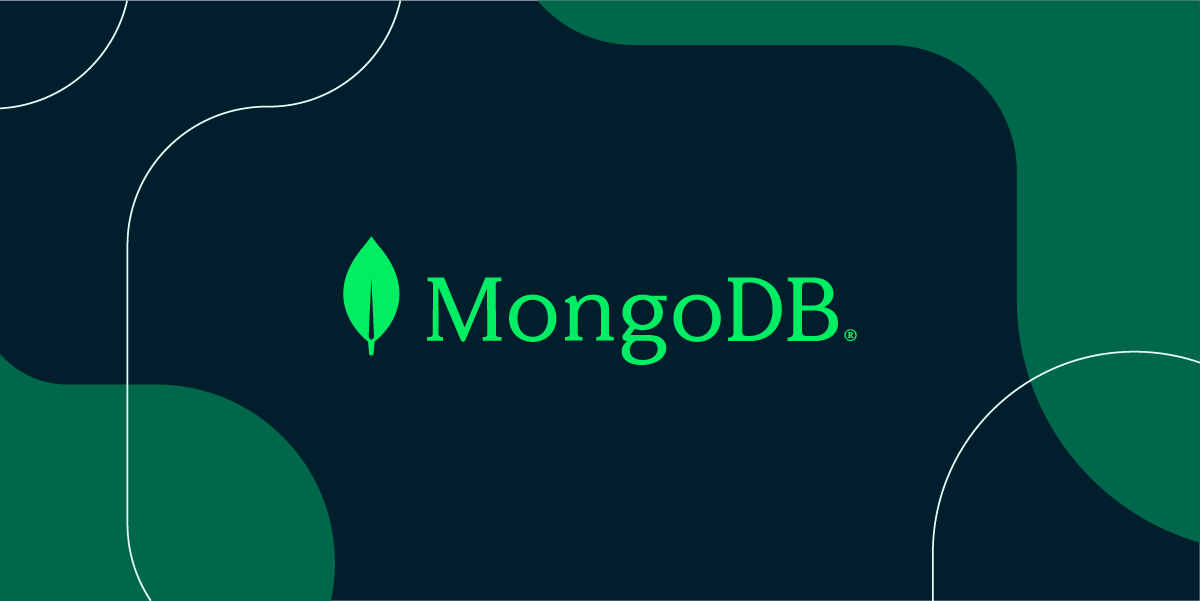MongoDB Atlas looked great in the sales demo. Six months later, you're debugging why your queries randomly timeout at 3am and your bill somehow went from $25 to $380 because someone's search indexer ran wild over the weekend. Again.
MongoDB's Pricing Will Fuck You Over

Atlas pricing is a trap designed like a cell phone plan from 2005. You start at $9/month for the shared tier that can't handle real workloads - it literally times out if your aggregation pipeline touches more than 1000 documents. Then you jump to $57/month for M10 that still chokes when your React app makes too many concurrent queries. I learned this when our staging environment started throwing OperationTimeout: 30000ms exceeded errors during a demo. Classic.
Need better performance? That'll be $185/month for M20, plus data transfer fees they never mention. I found out about those the hard way when our staging environment hit $47 in transfer charges for downloading 2GB of test data.
The real kicker? Amazon DocumentDB runs 26.7% cheaper for the same workload. MongoDB's own pricing breakdown admits to "significant cost jumps between service levels" - which is corporate speak for "we're going to surprise you with bills that triple overnight."
Here's the bullshit they charge you for - and this is just the start:
- Data egress fees - Moving YOUR data out costs $0.09/GB. Export your 50GB database? That's $4.50 you didn't budget for
- Backup storage - They charge you to store your own backups, separate from your normal storage quota
- Index overhead - Every index you need for basic performance eats your storage allowance
- Connection pooling - Hit 500 concurrent connections? Pay extra or watch everything timeout
The worst part? They act like this is normal. It's not.
Performance Issues That Money Can't Fix
Auto-scaling is a scam. It scales UP when one idiot refreshes the page 50 times, but takes 6+ hours to scale down when traffic dies. Your queries run fine on 100 records, like shit on 100K records, and completely timeout on 1M records with errors like CursorNotFound or OperationTimeout: 30000ms exceeded.
MongoDB's solution? "Upgrade to a bigger instance" - literally their answer to everything. Our aggregation pipelines that worked fine in development would randomly fail in production with Working set too large errors on the exact same dataset.
You know what doesn't randomly timeout? PostgreSQL with JSONB runs circles around MongoDB. The query optimizer actually works instead of MongoDB's "just throw more RAM at it" approach. I've seen PostgreSQL handle 10M record joins that would crash MongoDB Atlas with a working set too large error.
Vendor Lock-In Designed to Keep You Trapped
MongoDB keeps adding proprietary bullshit that makes leaving expensive. Companies are finally waking up to the vendor lock-in after getting burned by license changes and forced upgrades.
One team documented how Atlas's forced upgrades and garbage support drove them to PostgreSQL - they cut costs by 60% AND got better performance. MongoDB forced them to upgrade from 4.0 to 4.4 with 30 days notice, breaking their change stream logic.
Smart teams choose:
- Actually open-source databases that won't change licenses overnight to fuck you over
- Standard SQL that works with every tool, not MongoDB's half-assed query language
- Multiple cloud options so you're not held hostage by one vendor's pricing
MongoDB Keeps Missing Shit That Matters
While MongoDB adds more ways to charge you, they still can't deliver basic features:
- Real-time subscriptions that work without crashing - Supabase includes this for free and it actually works
- Edge deployment that doesn't cost $500+ per month for global coverage
- Analytics queries that don't require exporting 50GB to BigQuery every time you want insights
- Serverless that actually scales to zero instead of MongoDB's pathetic "serverless" that still charges you $9/month for doing nothing
Everyone Else Got Better While MongoDB Got Greedier
2025's database market makes MongoDB look prehistoric. CockroachDB delivers global consistency without the complexity nightmare. PlanetScale has database branching that lets you test schema changes without breaking production. PostgreSQL 17 added JSON improvements that make MongoDB's document model look like a bad joke.
We migrated our core service from Atlas to PostgreSQL and the difference is embarrassing:
- Cut our database bill from $340/month to $89/month - same performance, 74% cheaper
- Query performance improved 3x because PostgreSQL actually has a query optimizer that works
- Development got faster because SQL tooling is decades ahead of MongoDB's broken ecosystem
The question isn't whether to leave MongoDB Atlas. It's why you're still paying them to make your life harder when better options cost half as much.